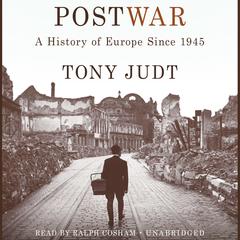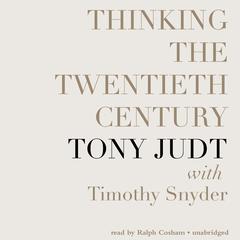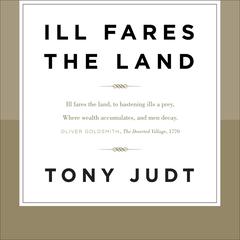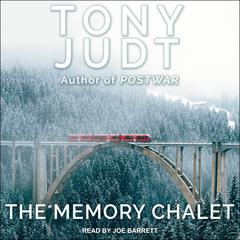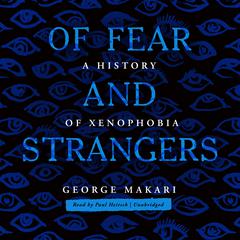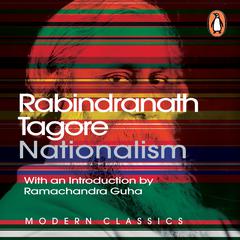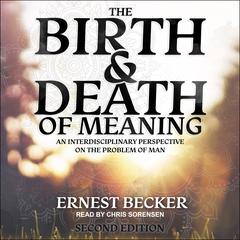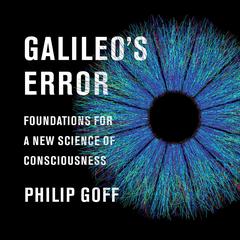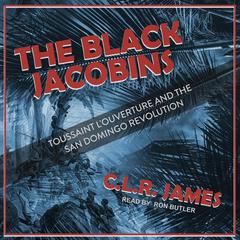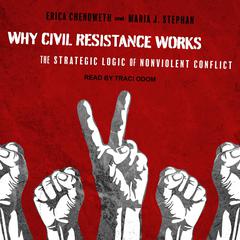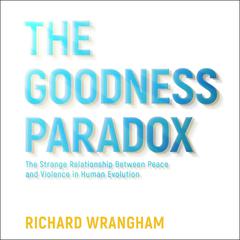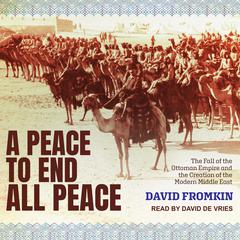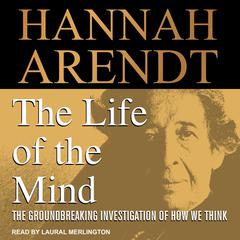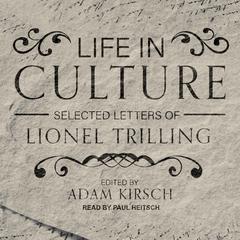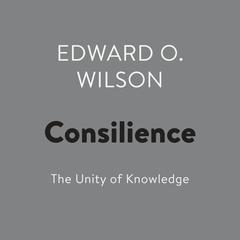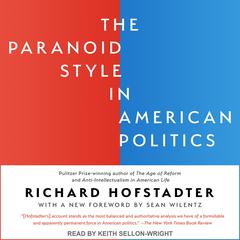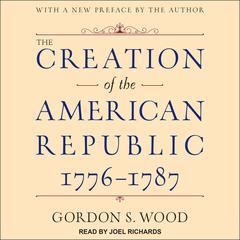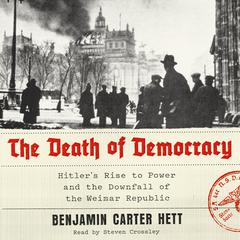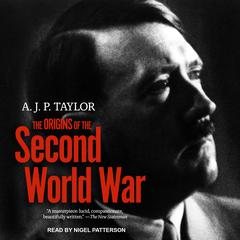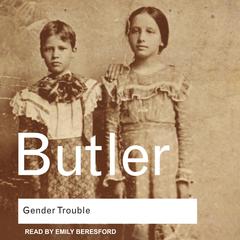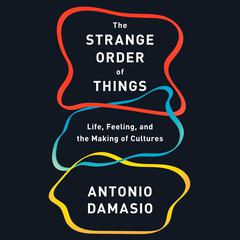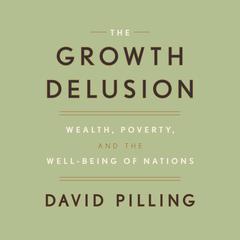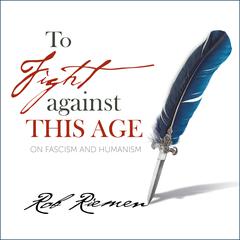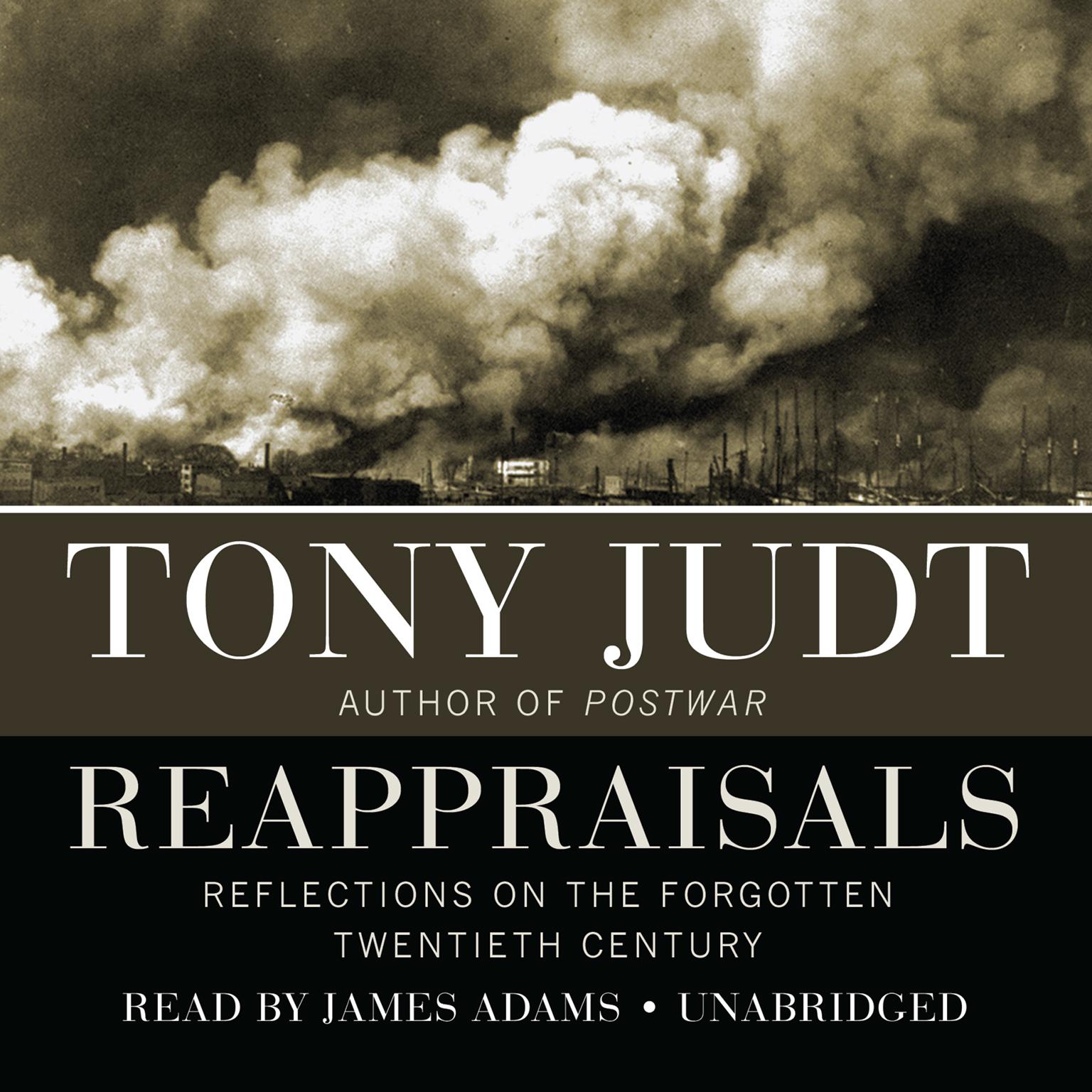 Play Audiobook Sample
Play Audiobook Sample
Reappraisals: Reflections on the Forgotten Twentieth Century Audiobook
 Play Audiobook Sample
Play Audiobook Sample
Quick Stats About this Audiobook
Total Audiobook Chapters:
Longest Chapter Length:
Shortest Chapter Length:
Average Chapter Length:
Audiobooks by this Author:
Publisher Description
The accelerating changes of the past generation have been accompanied by a similarly accelerated amnesia. The twentieth century has become “history” at an unprecedented rate. The world of 2007 is so utterly unlike that of even 1987, much less any earlier time, that we have lost touch with our immediate past even before we have begun to make sense of it—and the results are proving calamitous.
In less than a generation, the headlong advance of globalization, with its geographical shifts of emphasis and influence, has altered structures of thought that had been essentially unchanged since the European industrial revolution. We have lost touch with a century of social thought and socially motivated activism. In Reappraisals, Tony Judt resurrects the key aspects of the world we have lost in order to remind us how important they still are to us now and to our hopes for the future.
Download and start listening now!
"Reappraisals picks up exactly where Judt's Postwar leaves off, helping the reader navigate through the the mismemories and forgotten narratives of the postwar and Cold War era, all to easily forgotten in the tranquility of the 1990s West. This is to be expected as Reappraisals is, after all, a collection of previously published essays penned while the author was researching, compiling, and writing Postwar. Judt presents a West (and specifically an America) high on its successes and self-assured that no harm can halt the steady upward growth of its beloved free markets. Judt explains how the west awoke into the myth of its own greatness and believed, or perhaps it is better to say "believes", in its own immortality. This behavior indicative of a young man seems so out of character for a nation of its age, a theme explicit in Judt's criticism of the State of Israel, however once again Judt masterfully demonstrates how a sense of social community, characteristic of social democracies in Europe, became supplanted by the lure of the dollar and Euro. Judt also explores the fall of prominence of the public intellectual, as well as a series of character sketches that provide great detail to their condition and perspective.In typical gusto and precision Judt navigates the uncharted waters of forgotten history, all to demonstrate how important the study of history is in the modern world. He cannot avoid favorite opponents, such as Maggie Thatcher, US Foreign Policy, Tony Blair and Israel, however his criticisms prove to be thought provoking and are hardly reactionary. This book is in some ways more impressive than Postwar, as it is comprised entirely of original material. Where Postwar meticulously references an array of important developments in as best of a non-biased manner that Judt can muster, Reappraisals pushes deeper into these topical developments to search for trends and indicators that of what world has been lost, for better or worse."
— Michael (5 out of 5 stars)
Quotes
-
“Exhilarating...brave and forthright.”
— New York Times Book Review -
“By turns fascinating [and] edifying...Judt is one of our foremost historians of Europe, an elegant writer and subtle thinker.”
— Los Angeles Times -
“Perhaps the greatest single collection of thinking on the political, diplomatic, social, and cultural history of the past century.”
— Forbes -
“As a fascinating exploration of the world we have recently lost—for good or bad, or both—this collection…cannot be bested.”
— Publishers Weekly (starred review) -
“Judt is the finest, but not least controversial, working historian of twentieth-century and current-day Europe. This amorphous collection spans a dozen years of book reviews and essays, each provocative and...brilliant.”
— School Library Journal -
“Scholarly and polemical pieces, most with very sharp edges…An educative, intelligent voice urges us to attend to history and the life of the mind.”
— Kirkus Reviews
Reappraisals Listener Reviews
-
" The book is without a common thread and highly inconsistent. A collection of essays, or rather mostly book/author/subject reviews, where few are likely to be equally interested in all the vastly different topics. Still, some good sections - howsoever biased - on the situations in Belgium, Romania and Israel. "
— Nilesh, 2/13/2014 -
" Erudition shines through in these essays first published in the New York Review of Books, London Review of Books, and others during the latter couple of decades of the 20th and the first decade of the 21st century. History matters, Judt writes. And not just as facts, the who-what-where-when of events, but as responses to the larger questions of why and how. "
— Terry, 2/10/2014 -
" This man is a genius. Fantastic, really refreshing. "
— Jake, 1/17/2014 -
" I found the article about Isreal especially good. "
— Michael, 12/30/2013 -
" I'd read many of these essays in the NYRB over the years. They remain fresh and insightful. His concerns about the future seem prescient. "
— Bob, 12/9/2013 -
" Very Interesting! Tony Judt selected various writings on a variety of subjects and issues. "
— Kathleen, 12/2/2013 -
" A collection of essays by the late intellectual Tony Judt reprinted from NYRB, LRB, The New Republic and elsewhere. Thoughtful and erudite, if often outdated. The essays on Israel and its relationship to the U.S. are particularly apropos. "
— Manray9, 11/27/2013 -
" Brilliantly and clearly written. The first three sections were of greater interest to me, and certain chapters ("Goodbye to All That?" "The Country That Wouldn't Grow Up") were real masterpieces. "
— Iben, 7/20/2013 -
" "...engineering human souls is tempting to elites of every stripe." "
— Rachel, 3/13/2013 -
" I'm chipping my way through this as I delve more into each book or individual that Judt is reviewing. Judt's aim to is reappraise. I obey his command. "
— Iniville, 1/17/2013 -
" Tony Judt was among the very best political and historical essayists. His wit and insight was unparalleled, and this collection of essays expertly illustrates the breadth and depth of his talent. Professor Judt will be missed. "
— Jeppe, 9/17/2012 -
" brainy! "
— John, 9/4/2012 -
" Most essays in this book are brilliant. "
— Photis, 5/3/2012 -
" A forceful collection of essays on intellectuals, the middle east, europe, the cold war, and u.s. foreign policy. Judt is a gifted thinker and a wonderful writer. You'll think about the events of the past century - the forgotten twentieth century - in a new light. "
— Neal, 7/25/2011 -
" a brave analysis of the dark corners of the 20th century "
— Christopher, 4/16/2011 -
" An excellent compilations of essays about forgotten intellectuals, foreign policy and economics of the 20th century. "
— Martin, 12/11/2010 -
" I found the article about Isreal especially good. "
— Michael, 12/7/2010 -
" I'd read many of these essays in the NYRB over the years. They remain fresh and insightful. His concerns about the future seem prescient. "
— Bob, 11/9/2010 -
" What a great thinker and writer. The essays in the first section of this book are pretty esoteric, focused on self-proclaimed European intellectuals in the 20th century, but it picks up and becomes more relevant (for me anyway) after that. "
— Tom, 8/20/2010 -
" Brilliantly and clearly written. The first three sections were of greater interest to me, and certain chapters ("Goodbye to All That?" "The Country That Wouldn't Grow Up") were real masterpieces. "
— Iben, 7/16/2010 -
" Viewpoints on everything from Palestine to Cuba. <br/> "
— Steven, 5/23/2010
About Tony Judt
Tony Judt (1948–2010) was a British historian, essayist, author, editor, and university professor. He specialized in European history, was the Erich Maria Remarque Professor in European Studies at New York University, and director of NYU’s Erich Maria Remarque Institute. He was a frequent contributor to the New York Review of Books, the Times Literary Supplement, the New Republic, the New York Times, and many other journals in Europe and the United States. In 1996 he was elected a fellow of the American Academy of Arts and Sciences and in 2007 a corresponding fellow of the British Academy. His book Postwar: A History of Europe Since 1945 was a finalist for the Pulitzer Prize.
About James Adams
James Adams is one of the world’s leading authorities on terrorism and intelligence, and for more than twenty-five years he has specialized in national security. He is also the author of fourteen bestselling books on warfare, with a particular emphasis on covert warfare. A former managing editor of the London Sunday Times and CEO of United Press International, he trained as a journalist in England, where he graduated first in the country. Now living in Southern Oregon, he has narrated numerous audiobooks and earned an AudioFile Earphones Award and two coveted Audie Award for best narration.




